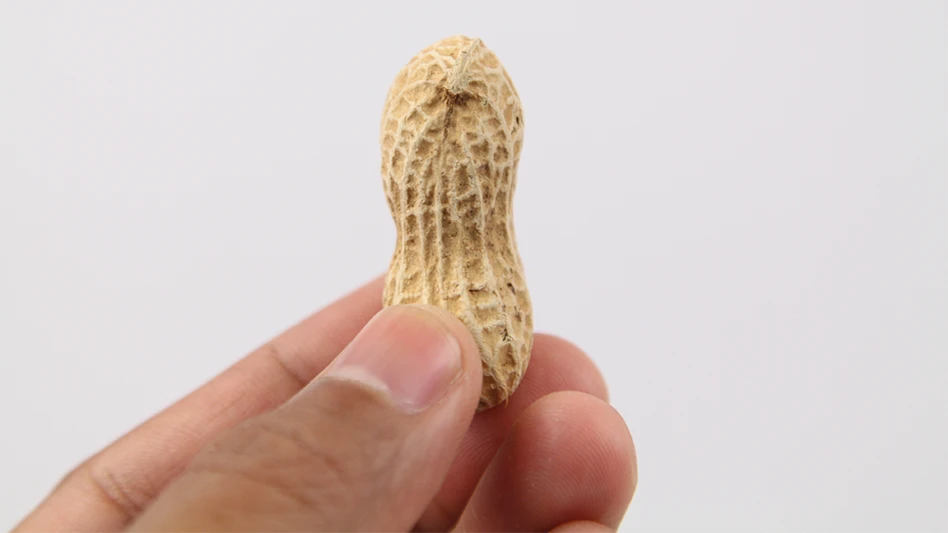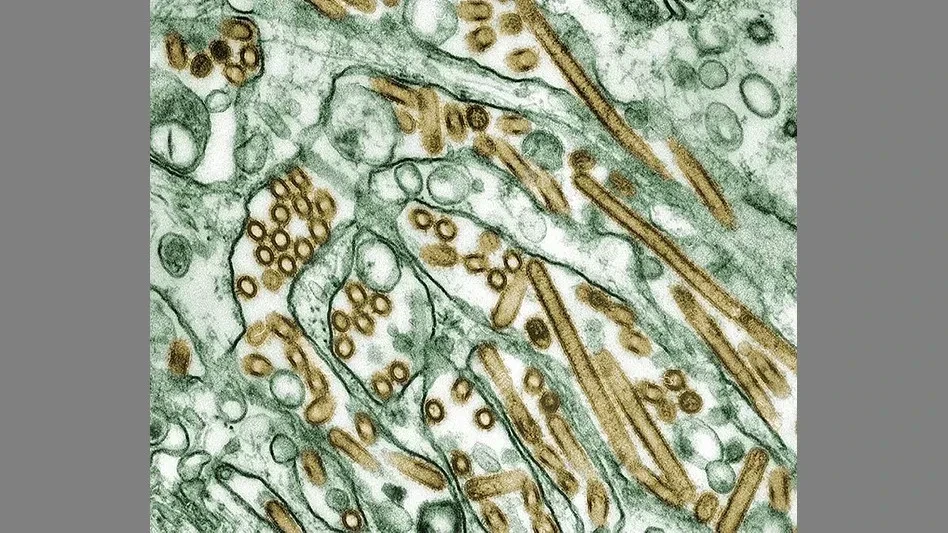At its base, accreditation is a third-party verification that a laboratory has implemented specific quality assurance standards. Accreditation is not required by governmental agencies, and for many labs, it is just one way of assessing quality, not the only way.
“Accreditation and/or certification are very important to customers. Unfortunately the basis and dynamics behind a certification are not always understood,” said Tim DonLevy, president of DonLevy Laboratories in Crown Point, Ind. “Therefore, a blanket certification can provide a false sense of security.”
As an example, DonLevy cites a prospective customer who was having difficulty with another contract laboratory and wanted to change, but was hesitant to work with DonLevy Labs because it was not accredited. When the customer realized the lab he was dissatisfied with was accredited, DonLevy said, the certification’s significance diminished.
DonLevy does see the value of accreditation, (his lab is in the final stages of ISO 17025), but, he said, “Our primary focus to date is to encourage customers and their auditing teams to come into the facility, review the operation and personnel capabilities, and discuss the service.”
INDEPENDENT, NOT INCORRECT. Deibel Laboratories in Lincolnwood, Ill., takes it a step further. While there are definitely lab practices at Deibel that parallel ISO standards, COO and President Charles Deibel said the general direction and requirements of the standards are too limiting.
“We are ISO compliant, but we strive for GLPs — Good Laboratory Practices,” he said, explaining that Deibel feels that ISO standards are very procedurally driven, while its own approach is based on the fundamentals of science and education, with technicians encouraged to think about and ask why certain media and methods are used rather than simply following a set procedure. “We train our people to think independently and that flies in the face of ISO. So on a fundamental basis, we don’t see ourselves striving for that accreditation.”
In addition, Deibel sees much of the required ISO documentation as being superfluous. If a mistake is made, you don’t need documentation to tell who did it, when and how, he said. “Fix the system, don’t document the issues.” The lab does follow AOAC programs and run a monthly internal check program, he said, “but do you really need to run method controls every day?”
A HIGHER POWER. What accreditation does do is provide food plants with the assurance that a laboratory is following accepted standards in its testing processes, quality systems, equipment and calibration — and it is being held accountable to those standards by a third party. “They know they have a system for maintaining their QC and equipment and all,” said Julie Honsa, QA manager at RTech Laboratories of Land O’Lakes, Minneapolis, Minn.
In fact, she said, the American Association for Laboratory Accreditation’s ISO 17025 accreditation is “sort of the gold standard for laboratory requirements.”
Microbac, Wexford, Pa., sees benefits to accreditation at home in the U.S., as well as on the global scale. “Accreditation is important to us for doing business with larger food manufacturers, particularly in the area of food importing,” said Tom Zierenberg, food safety programs director.
Accreditation is an expensive thing to do, but Zierenberg said the industry is moving in this direction, driven both by customers and globalization. While regulatory agencies do not require that a lab be accredited, it does give the lab a verification of quality, he added. “It’s not a magic bullet, but it can help demonstrate competence,” he said.
LOOPHOLES IN LANGUAGE. “I think that one of the biggest things is that when you’re accredited, you’re supposed to be using methods that are standard reference,” Honsa said, adding that when any other method is used this must be stated. If a lab is not accredited, the requirements are not so stringent; a lab may say it is using a USDA method but integrate different elements or steps that attain different results. There is always the potential for differences lab to lab, but the chance increases if standard reference methods are not followed completely.
If you’re going to use an independent third party laboratory, you have to have assurance that they are using the proper methods to ensure accuracy and reliability of results, said Kurt Westmoreland, division vice president of business operations for Silliker, Homewood, Ill., and there needs to be an ability to support their data. “Anybody can set up a lab and run a test,” he said. “You need to know that the data they’re getting is accurate and will stand up in a court of law.”
LEGAL (QUALITY) ASSURANCE. This assurance can be provided through auditing and accreditation, Westmoreland said. “If there’s not some type of formal oversight process, there’s no way you can know your lab is running the methods they should be.”
On the other hand, DonLevy noted, “There are many microbiological methods available for the food industry; it is incumbent on a laboratory practicing these methods to compare a customer’s product to the reference methods.”
Thus, to ensure quality, he said, internal auditing is essential, with all procedures and systems constantly reviewed for adherence and process improvement. And, although they play a small part in the program, AOAC proficiency results do provide information as well. “Consistent performance along with external and internal audits will demonstrate the capability of the laboratory,” he said.
The author is staff editor of QA magazine.

Explore the August 2007 Issue
Check out more from this issue and find your next story to read.
Latest from Quality Assurance & Food Safety
- Nestlé Opens Arizona Beverage Factory and Distribution Center
- Ingredion Invests $100 Million in Indianapolis Plant to Improve Efficiency, Enable Texture Solutions Growth
- Eagle Unveils Redesigned Pipeline X-ray System
- USDA Invests Up To $1 Billion to Combat Avian Flu, Reduce Egg Prices
- Washington Cats Confirmed with HPAI as Investigation into Contaminated Pet Food Continues
- USDA Confirms Bird Flu Detected in Rats in Riverside
- Kyle Diamantas Named FDA’s Acting Deputy Commissioner for Human Foods
- QA Exclusive: Food Safety Leaders React to Jim Jones’ Departure, FDA Layoffs





